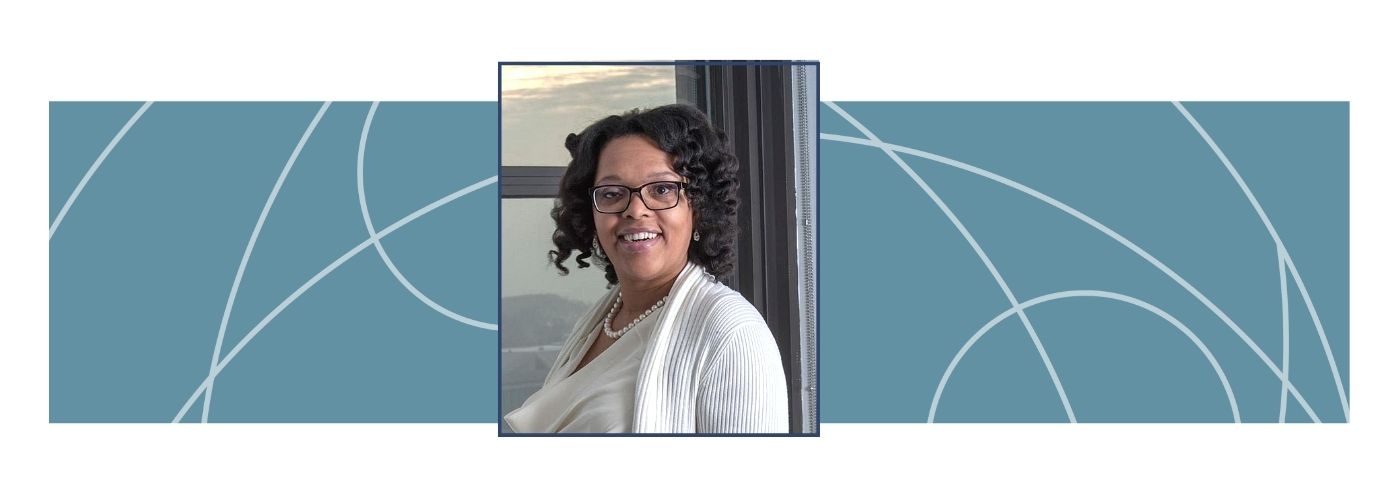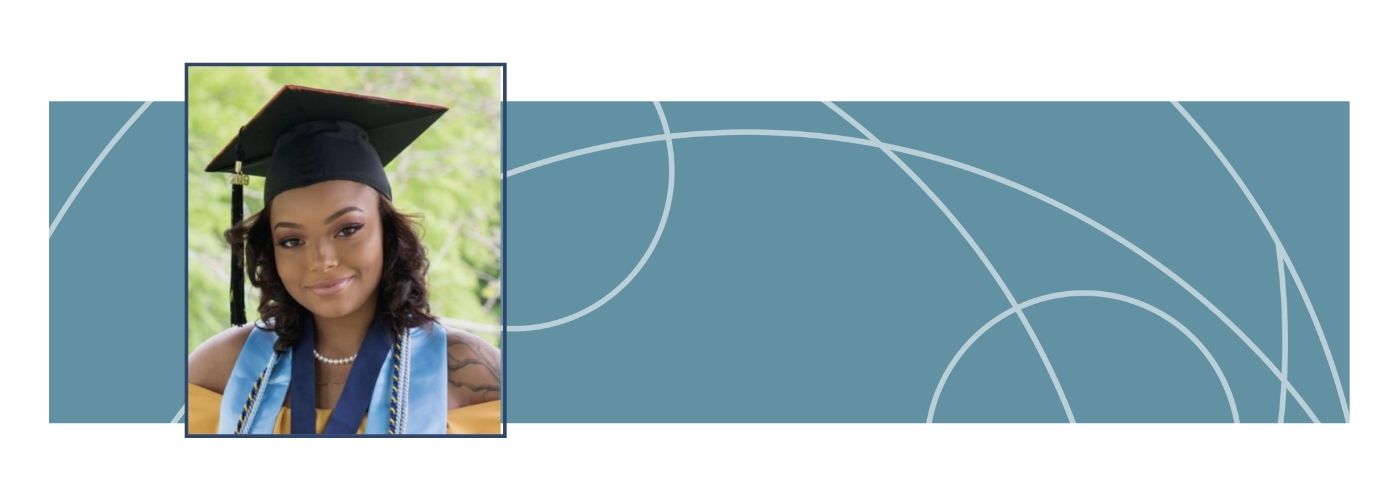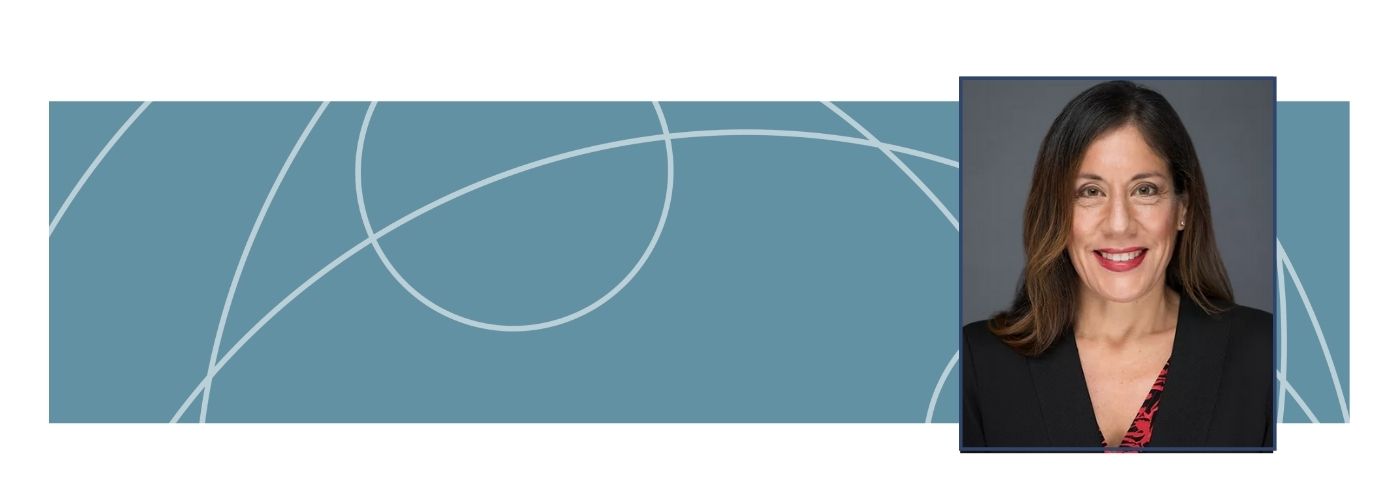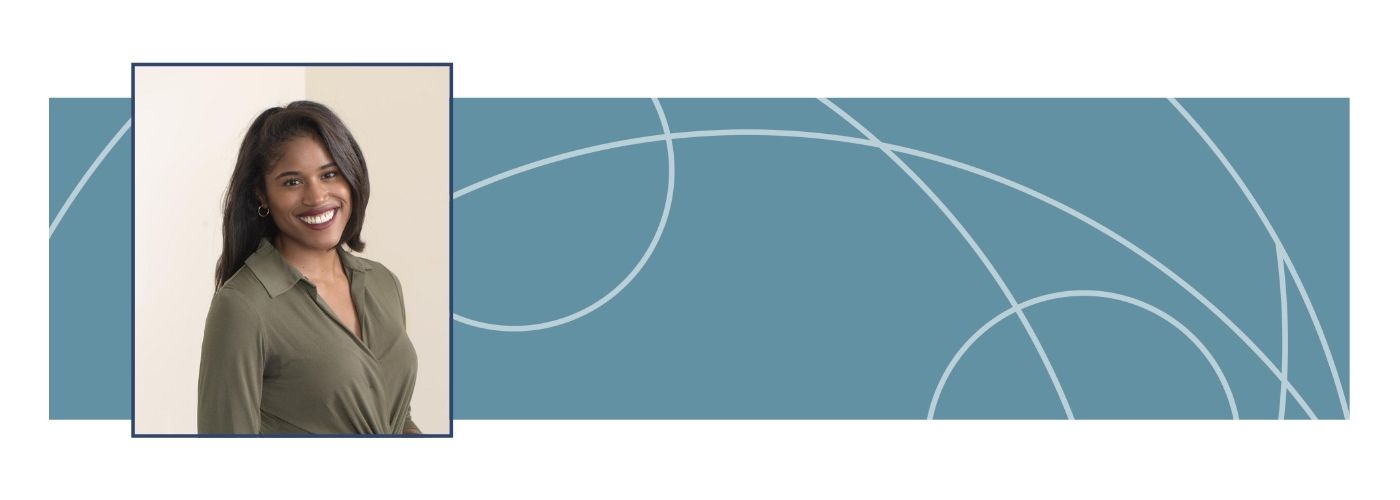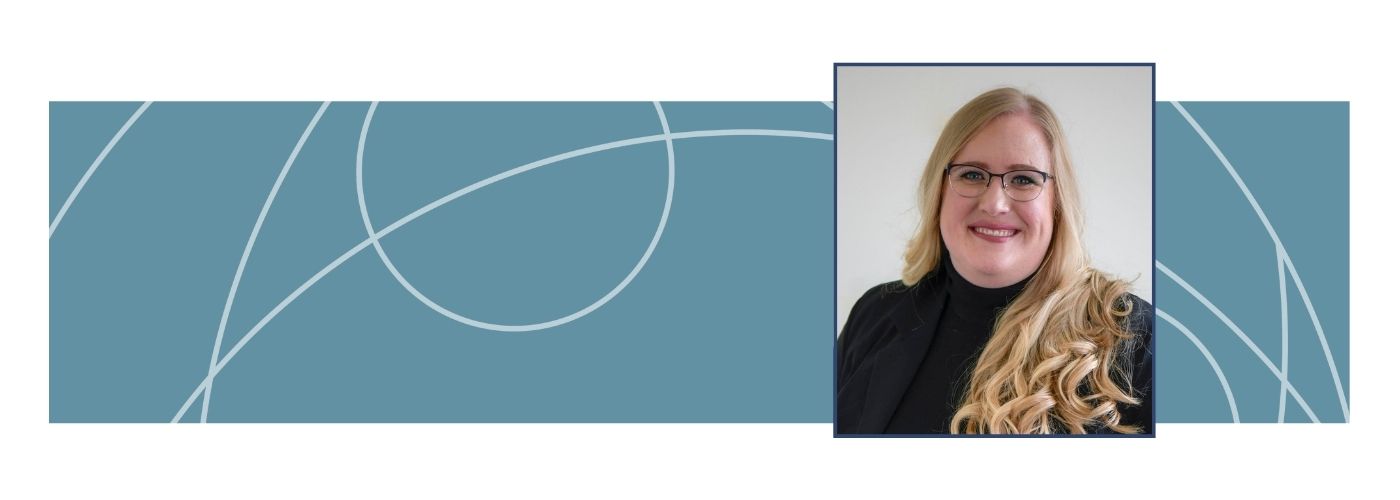
The Education Forum (formerly Education Luncheon) is an annual event hosted by The Family Institute aimed at providing insightful discussion on how we can best foster multicultural competence within our programs and diversity within our field.
This event also provides a chance to recognize the recipients of the Harris Scholarships, which are awarded every year in the Master of Arts in Counseling and Master of Science in Marriage and Family Therapy programs. Two incoming on campus graduate students in each program receive the two-year scholarship. Scholarships are evaluated based on students’ demonstrated academic excellence and achievements, as well as articulated plans to serve under-resourced communities upon graduation.
A very special thanks to the Harris Family Foundation and Irving Harris Foundation for their long-time support of this opportunity.
This event allows us to showcase our tremendous education programs with a particular focus on our commitment to building a diverse workforce in order to meet the needs of diverse clients.
Anthony L. Chambers, Chief Academic Officer
Ms. Miranda graduated from Northeastern Illinois University as a prestigious McNair Scholar with a degree in Studio Arts and Child Advocacy Studies. Last year, she received a prestigious $10,000 Minority Fellowship from the National Board for Certified Counselors (NBCC). As an NBCC MFP-MHC-M Fellow, Ms. Miranda received the funding and training to support her education and facilitate her service to underserved populations. Over the summer, she also completed a 40-hour virtual training to become a crisis counselor for The Trevor Project. This training provided her the tools to support those struggling with issues such as coming out, LGBTQIA+ identity, depression and suicide. Once a week, she provides suicide prevention and intervention to at-risk LGBTQIA+ youth through TrevorChat and TrevorText counseling.
Upon graduation, Ms. Miranda intends to use her counseling education to decrease the stigma surrounding mental health in the Latinx community. She is particularly interested in serving the Mexican-American community in Chicago. She would also like to work with immigrant families and individuals experiencing trauma from deportation, family separation, and fleeing persecution or violence.
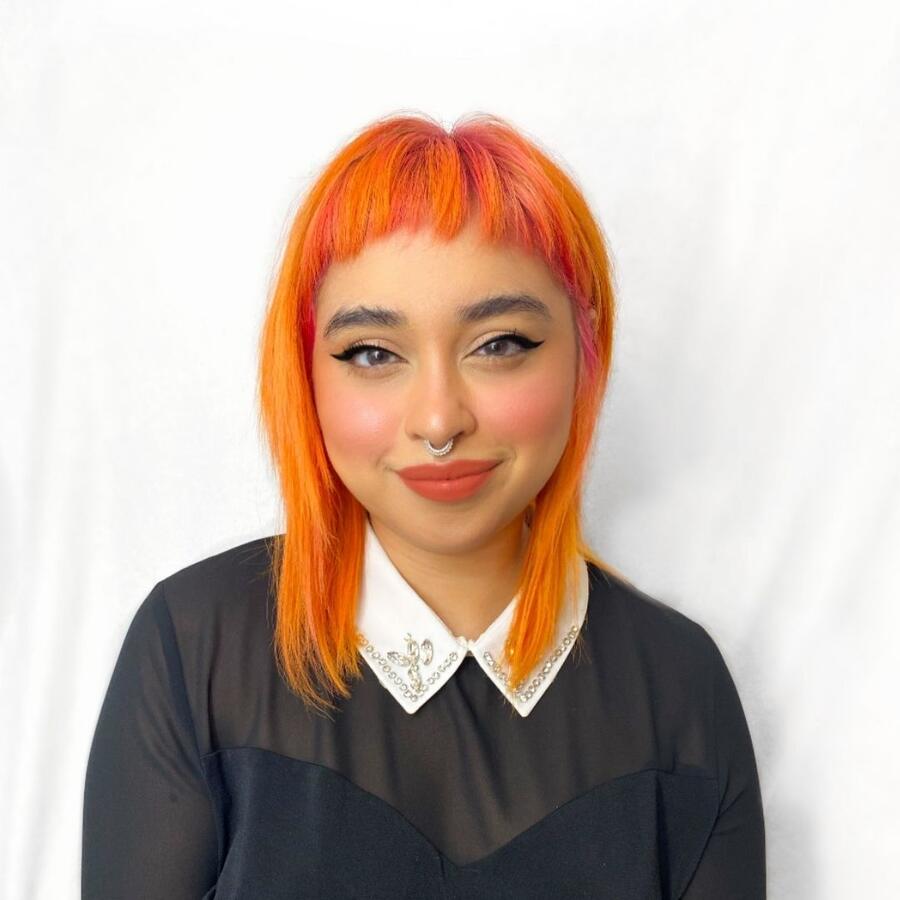
“Weekly Reflective Practitioner Supervision (RPS) and Triadic Supervisions have enriched my counselor identity. Having the support of other professional and well-known counselors has not only validated my presence in this program but has influenced my therapeutic approaches. My education has also made me a top competitor, including when applying for the National Board for Certified Counselors Foundation (NBCCF) Fellowship that I was awarded last summer. During my time as a fellow, I have received additional training opportunities to work with Black and Indigenous People of Color.”
Ms. Mizraji majored in Human Development at the University of Georgia. Through her work in the ASPIRE clinic, child advocacy centers, and with nonprofits that support incarcerated individuals and their families, Ms. Mizraji has learned that she enjoys the talking, understanding and action that eventually brought her to the field of Marriage and Family Therapy.
After spending the summer working with the DBT program, Ms. Mizraji has found the emotional regulation skills learned through DBT are a method that she looks forward to weaving into her future practice along with methodologies learned from STIC® . She has found her calling within the Adolescent & Family Community with an emphasis on substance abuse. Ms. Mizraji feels grateful to jump in alongside her supervisors, who have helped turn what was initially a hurdle into an incredibly useful skillset. She is currently completing her first Project Strengthen case and considers it an incredible opportunity to be able to collaborate and provide co-therapy with a highly skilled clinician.
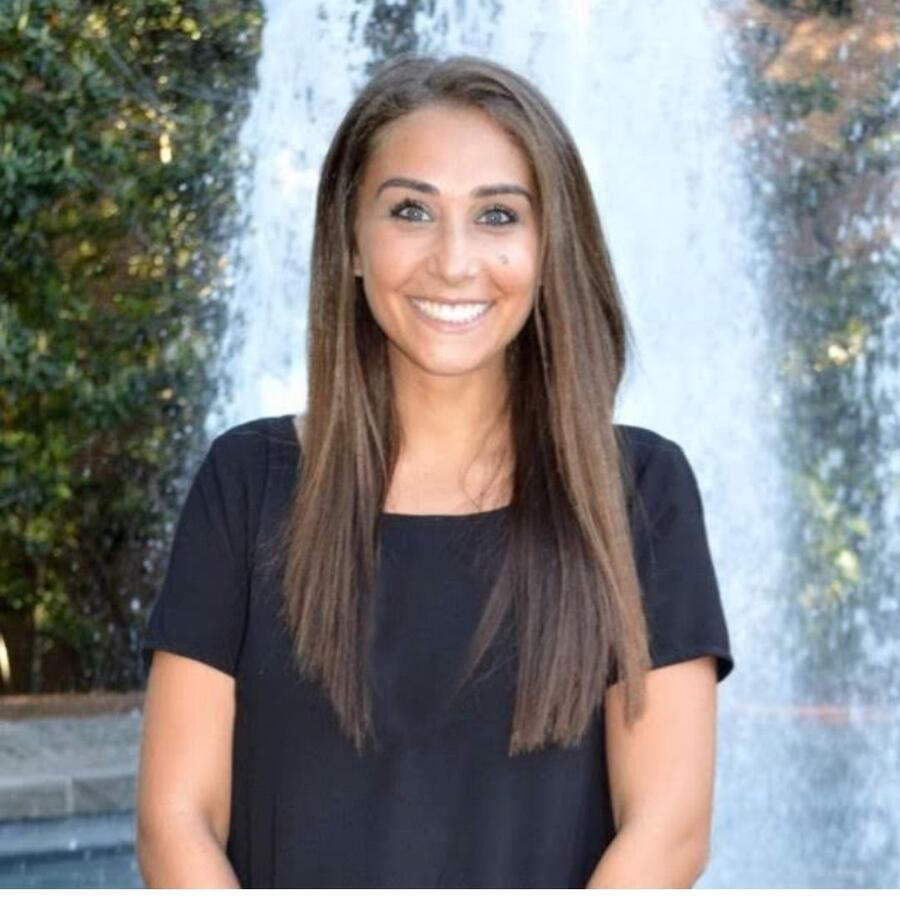
“The hands-on work has been incredible. As a part of this community, clinic, Project Strengthen and the DBT group, I am able to see clients with various presenting problems. I am honored to have diverse clients that allow me to be a part of their journey and continuously learn. One of the most impactful moments in my education thus far was the moment where I realized the most important tool I need to be a therapist is to show up as myself: supportive, empathic, curious and welcoming.”
Ms. Reed became interested in counseling after a 10-week intensive outpatient internship with a community mental health hospital. There, she witnessed mental health disparities amongst different populations and recognized a deficit in the necessary resources to help these groups prevail. A graduate of Augustana College as a Psychology major, she plans to work in Black and Brown communities to help close the resource gap and uplift those in need during a time of civil unrest and social injustice. Ms. Reed currently interns at a Black-owned private practice, an impactful part of her education. This has given her the opportunity to work with her passion population and create programs to help teens and adults launch themselves into the quality of life they seek, starting from an internal framework of healing.
Ms. Reed plans to continue pursuing work with minority emerging adults in identity development and attachment style with a focus on co-dependency and attachment issues, particularly in the context of those suffering from sickle cell anemia and chronic pain, an under-researched topic. Currently, she is pursuing this research along with building skills in case management to give her a head start in the next phase of her career.
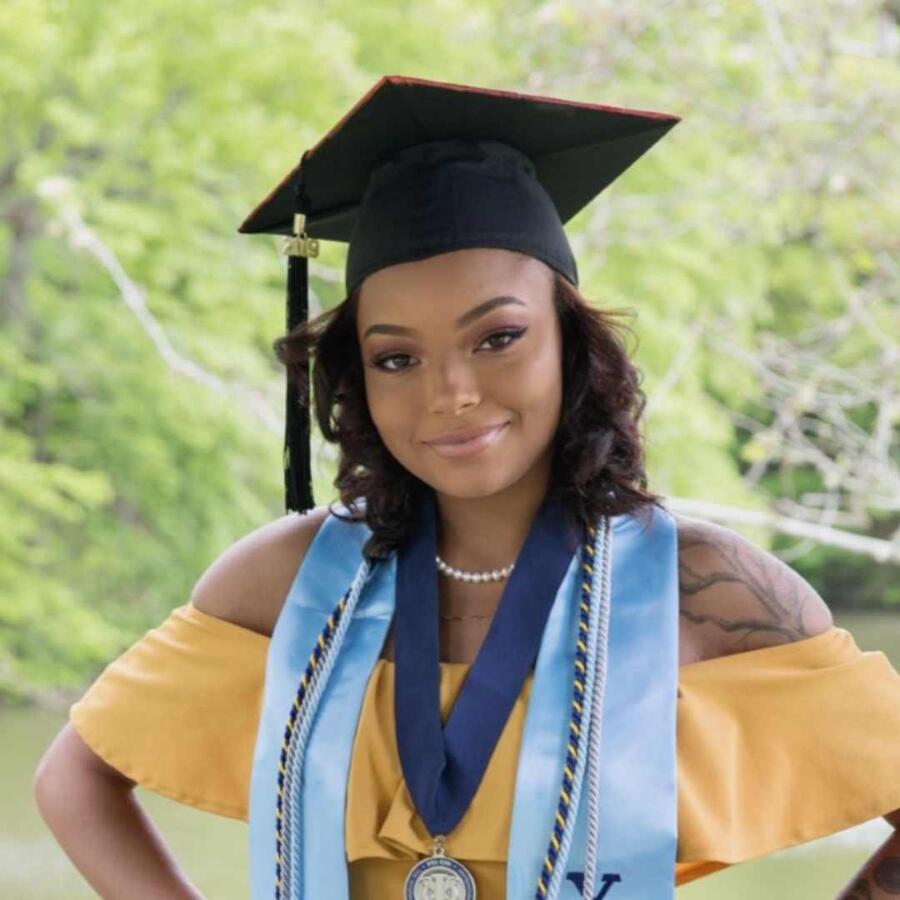
“My hope for the future is to operate in a society where healthcare and policy intermingle instead of collide. The impact of racial trauma exacerbates the daily lives of BIPOC and vulnerable populations, adding a layer of diligence to the counseling process. I would like to see a system that provides access to healthcare, including mental health services, to all.”
Ms. Manjarrez majored in Psychology as an undergraduate student at Northwestern University. She spent her undergraduate career as a research assistant in a social psychology lab looking at race, discrimination and bias. She is passionate about mental health and social justice, and counseling allows her to bridge these two passions by serving under-served and under-resourced communities similar to her own. In her personal mental health journey, she's seen the gaps in access to and quality of mental healthcare and seeks to bridge those gaps.
Ms. Manjarrez looks forward to implementing systemic theory, person-centered theory and multicultural feminist theory into her client practice and focus on the transition phases of Latinx emerging adults in low-income communities as a crucial resource. She currently in the process of applying to social justice-oriented internships for the next academic school year, and plans to gain the experience and foundation in her career to work with low-income, POC communities and provide quality mental health treatment.
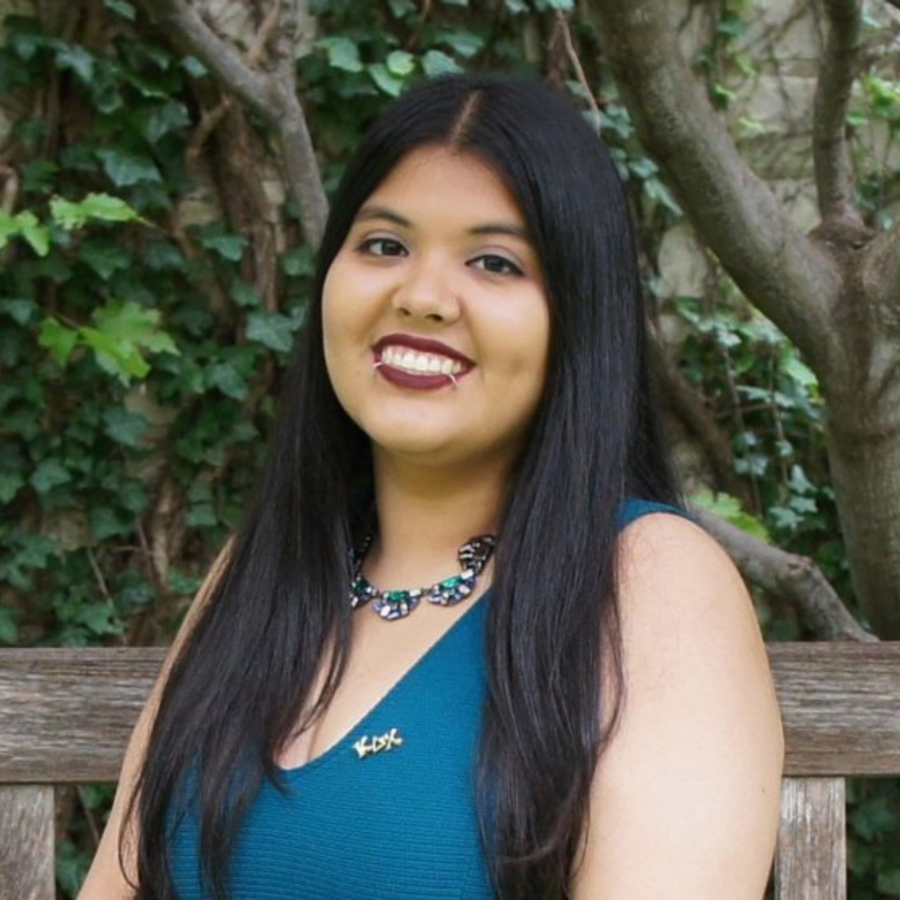
“The most impactful part of my education has been having the opportunity to work with clients in my first year. This opportunity has allowed me to work with a wide range of clients and develop my cultural humility. I feel prepared to go into my internship year due to the practicum experience at The Family Institute.”
Ms. McClure joins us with her bachelor's degree in Psychology from Agnes Scott College. Her interest in psychology began after watching a documentary featuring Dr. John Gottman on relational psychology which launched her interest in better understanding the skills and strengths-based approaches that can be incorporated into romantic and familial relationships. Her time after graduation in 2018 was spent as a facilitator in a community program assisting women struggling with domestic violence.
Initially drawn to The Family Institute due to the partnership that we foster between clinical services and research, Ms. McClure hopes to spend her time here developing not only as a professional clinician but also as a scientist. Her research interests are focused on racial trauma, how trauma manifests within families and relationships and how these experiences cascade into the larger community. She looks forward to diving into the systemic framework to lay the foundation for her continuing professional development and research.
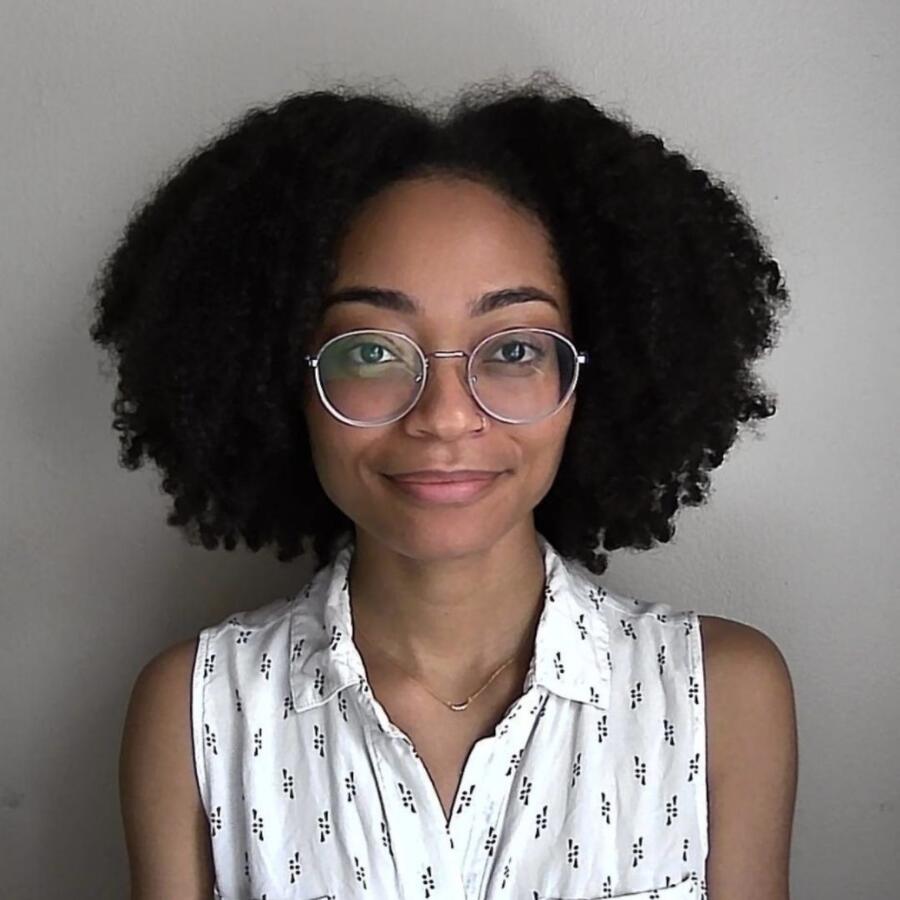
“Thus far, the amount of passion and care that the faculty, supervisors, and staff express as they work with therapists-in-training is outstanding. I have never doubted their desire to support me as a student, challenge me as a learner, and respect me as a future colleague... I have been overwhelmed by the amount of enthusiasm that everyone has for the work that we are doing. It is the ultimate motivator.”
Mr. Moore graduated from Texas Tech with a degree in Human Development and Family Studies (HDFS). With a life-long dream of impacting the lives of those around him, he had been planning on becoming an electrical engineer. On a whim, however, he took a course entitled “Human Life Span Development” in the HDFS department and accidentally stumbled upon his calling. From the first day of the course, he was enamored with learning how people developed. That week he changed his major to HDFS and subsequently took on a project in gender research with professor and mentor Dr. Shera Jackson, who showed him that he could break the mold that was set for him growing up.
Mr. Moore looks forward to giving back from his education to underprivileged communities such as his own, particularly within the context of the Community Program where he hopes to exercise his Spanish language fluency. His initial coursework at The Family Institute has inspired him to pursue his doctorate in Clinical Psychology after graduation to best navigate clinical services through a trauma lens.
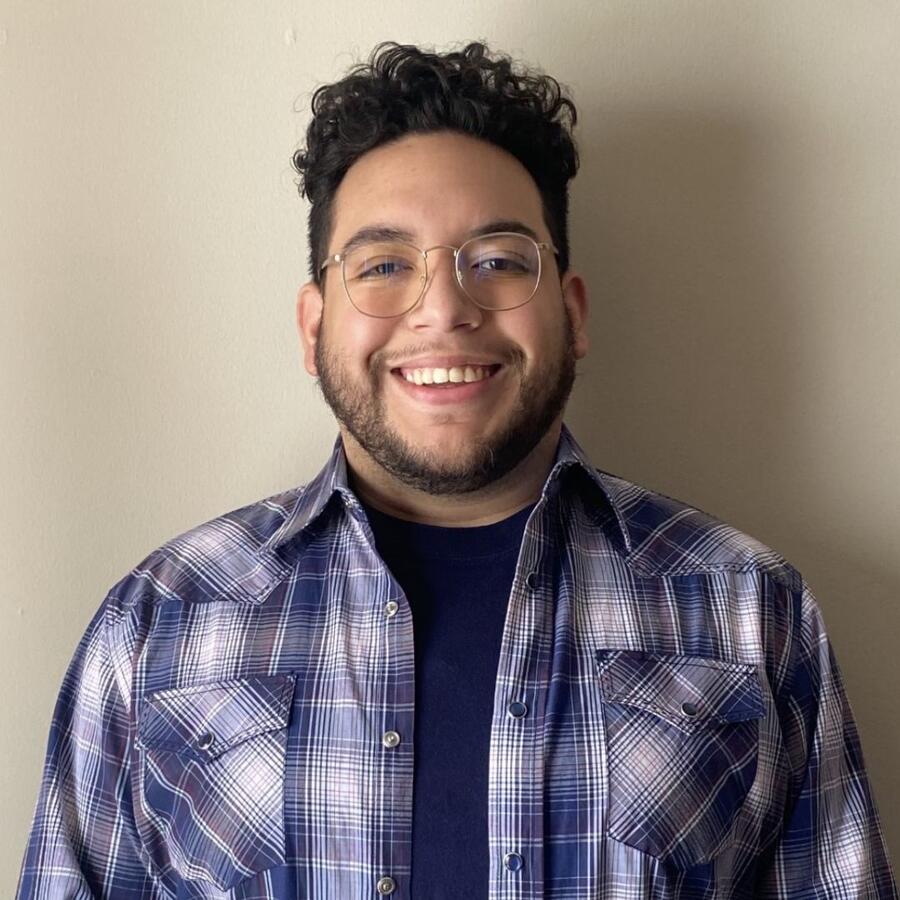
“The most impactful part of my education thus far would have to be bridging the gap between reading literature and doing hypothetical exercises to actually seeing clients. Having the privilege to sit with someone and help them work through a part of their life, to see their resiliency and the trust that they place in us as student therapists, is truly humbling. If there's one thing that I hope continues far past my time here at The Family Institute, it is the excitement that comes with being a part of that change. For me, seeing how a client progresses in therapy and knowing that I had something to do with that progress, simply put, is awesome.”
Ms. Parson-Moore received her BS in Psychology with a concentration in Diversity Science and a minor in Gender and Women's Studies from the University of Illinois. She has always been interested in the mental health field, particularly within the context of a social justice framework. In fact, after a career aptitude test suggested that she pursue psychology in seventh grade, she has continuously worked to refine her career path.
The emphasis on empowerment and advocacy within mental health counseling converged with her interest in multicultural studies. Upon beginning her undergraduate career, Ms. Parson-Moore found another passion in multicultural studies and she entered the field with the intention of providing quality mental health services to historically marginalized communities. It is her personal mission to collaborate with and for communities to shape her approach to their specific needs. The Family Institute at Northwestern’s focus on reflective practices and a multicultural framework drew her to the program, and she looks forward to honing this foundational knowledge.
Upon graduation, Ms. Parson-Moore plans to become a Licensed Professional Counselor in Illinois and work to advocate for multicultural-focused services for underserved clients and communities in a way that mitigates the stigma often associated with mental health services within these communities. She chooses to empower clients by focusing on their overall wellness and development while advocating for their needs as prescribed by the counseling profession. Ms. Parson-Moore aspires to provide additional outreach and multicultural competency training to other mental health clinicians.
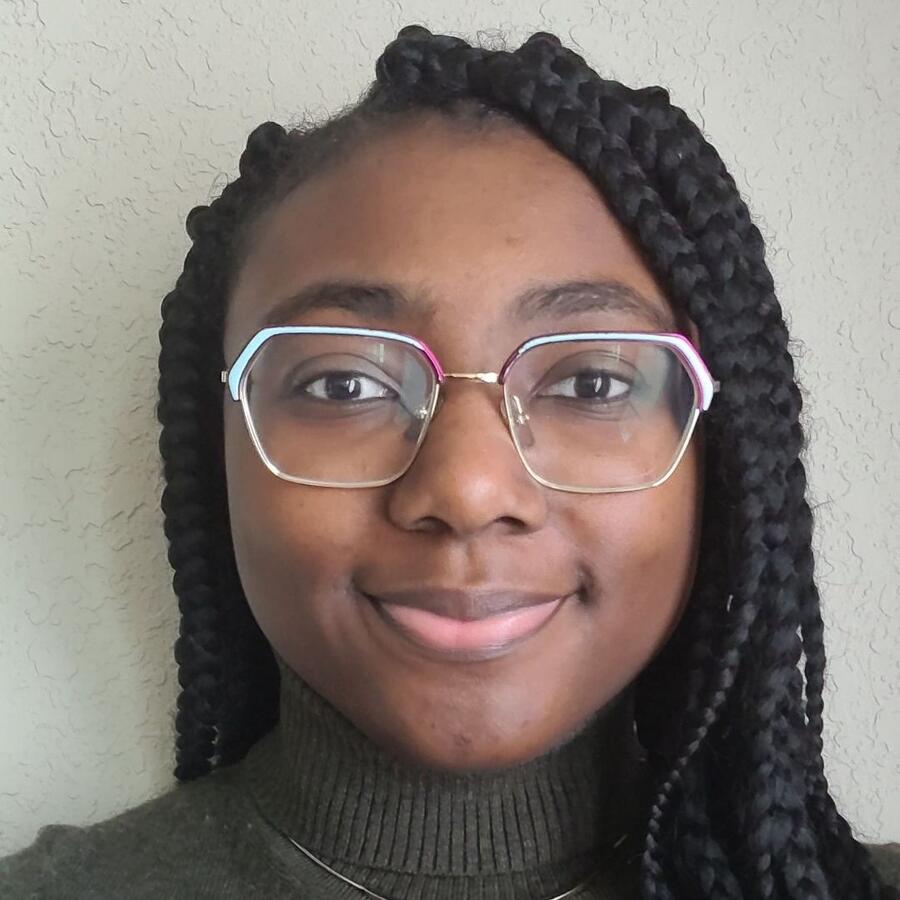
“The approach to counselor education has fostered my passion for counseling and multiculturalism. The emphasis on reflective practice and multiculturalism within the program has already equipped me with tools to approach counseling from a reflective and intersectional lens.”

